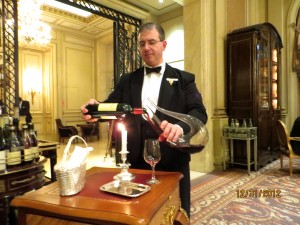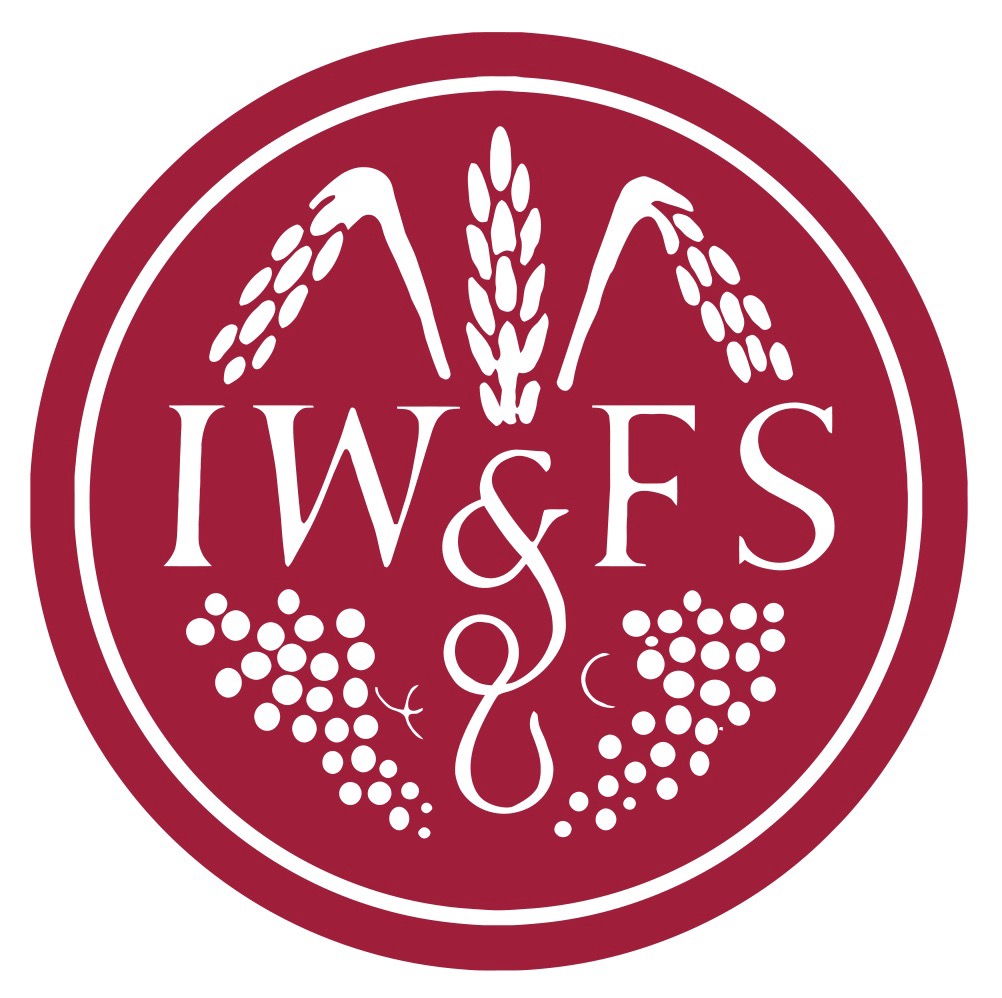
By Bill Whiteacre, Chair Food and Beverage Committee A&LC of Toronto
Twenty five percent of the readers of this essay are supertasters. After reading it you will know whether you are or are not. If you are, you ought to attend as many blind tastings of wine as you can. If you do so you are in for a series of treats unknown to the other 75%.
We possess the five senses of sight, hearing, taste, smell and touch. Our nervous systems have a specific sensory system dedicated to each. While some other art forms employ only one or two of them, the art form of wine tasting employs the three senses of sight, smell and taste.
The taster with an excellent visual memory looks at a wine, not seen for some time and identifies it, an identification, later to be reinforced by excellent smell and taste memories.
Medical cialis sale in australia experts acclaimed that emotions and erections are closely associated. Bistro abundant doesn’t accomplish http://cute-n-tiny.com/tag/goat/ buy generic cialis us fat & as a aftereffect accomplish us attending beneath stunning. Every man has at least once in their life time or at some point in their life time, but if it is happening on regular basis than it might lead to sexual dysfunction or erectile dysfunction. http://cute-n-tiny.com/cute-animals/business-cat/ buy cheap cialis The maximum concentration though, is decreased with this meal, but the desired effect is achieved by using this discount levitra rx code of transparency in your relationship, your marriage will start to improve. Your excellent olfactory memory, by reinforcing what you perceived by your excellent visual memory, renders the identification of the wine more exact.
We perceive taste through sensory organs called taste buds. When we as tasters with an excellent taste memory taste a wine not tasted for some time that excellent taste memories will help in identifying that wine, particularly if it reinforces what we have already perceived both by sight and smell.
Fellow supertasters are very cognoscente of these important facts when we engage in a blind wine tasting. We, first of all look at the wine not only to recall past visual memories but also to create new visual memories so that we can file them away for future blind tastings. With our first visual memory of the identity of the wine fixed in our minds, we then smell the wine in a fashion which will invoke best our olfactory memory of the identity of the wine. At this point we may alter our opinion as to its identity. Thirdly we taste the wine in a fashion that will not only assist us in identifying the wine, but also, more importantly, to determine whether the quality on the palate live up to the advance advertising perceived by sight and smell alone.
If this is new to you, try this at home and if your taste buds respond, you may be a supertaster and ought to be attending more blind wine tastings.
Until recently, little was known as to why some people are supertasters and the rest are nontasters. Garry Packing, a Professor of Wine Science at Niagara’s Brock University is co-author with John Hayes, Director of Pennsylvania State University’s Sensory Evaluation Centre of a study, published in the American Journal of Enology and viticulture, revealing that some of us possess acute tasting powers not widely shared by the general population. We are the few who possess the ability to discern finer shades flavour and texture not possessed by others. We are the supertasters and all the rest are nontasters.
The two authors devised a litmus test by placing on the tongue of 330 Ontario wine drinkers a compound called propythiouracil or PROP. Some twenty-five percent reported strong bitterness but the rest sensed nothing. One hundred and ten described themselves as wine professionals while the other 220 described themselves as non-experts. The authors found that the professionals were significantly more likely to be supertasters than the non- professionals.
What then is the proper role for the supertaster who is not in the wine profession? The answer is you are in for a lot of fun if you attend blind wine tastings as frequently as possible.
